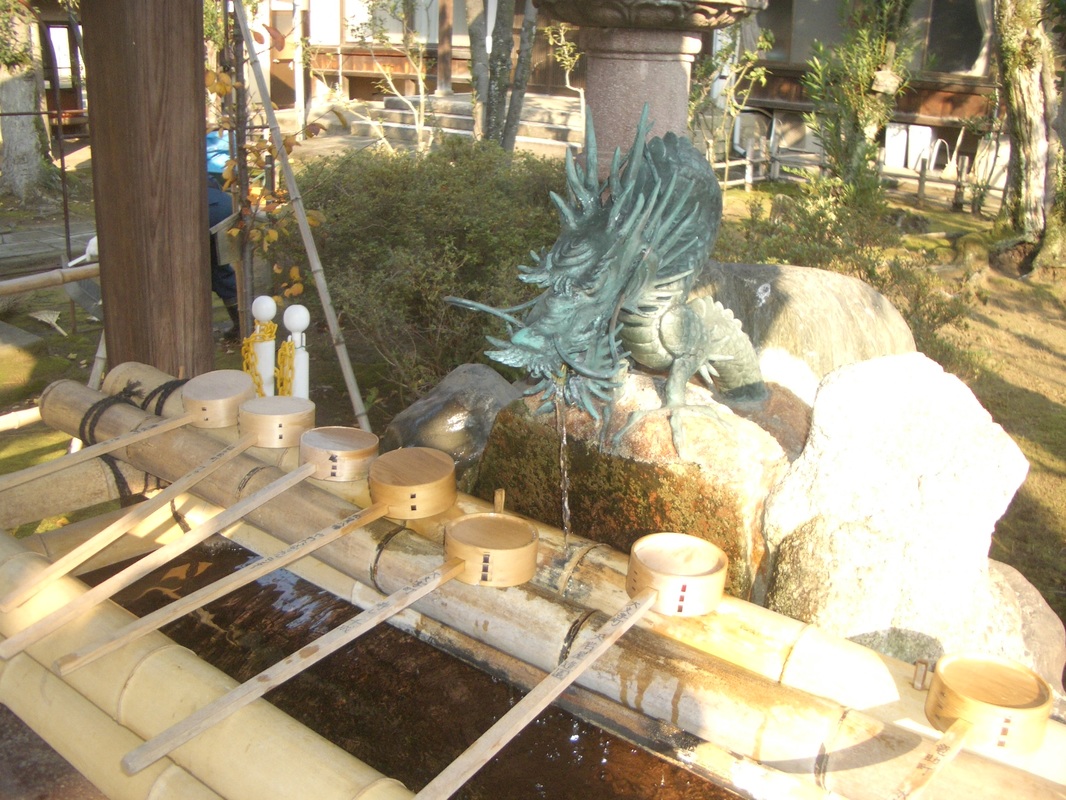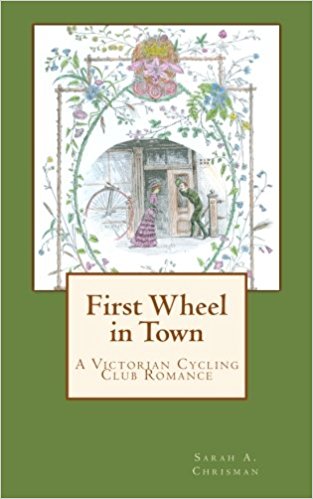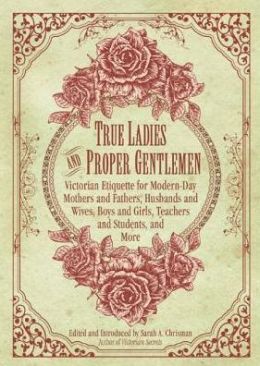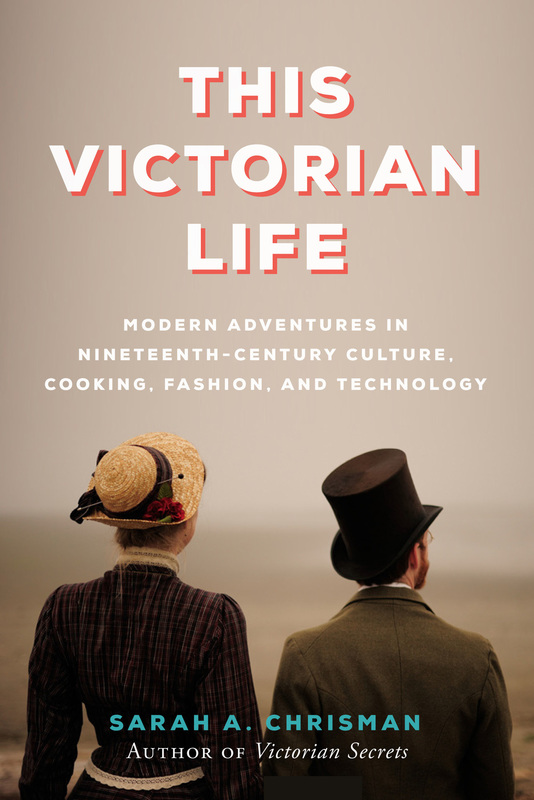Historical Article
Japanese Folk-Lore
Which Glows with Color and Charms the Listener
By Helen Strong Thompson
Good Housekeeping
March 2, 1889
pp. 198-199.
It is interesting to note some of the national characteristics to be found in fireside story, proverb and mythological lore. From the story of the creation, a beautiful myth of the “art of love,” and the origin of the human race, down to their conception of the wind and thunder imps, nature is peopled with mysterious agencies, and life fraught with supernatural influences to the Japanese. Some of the current fireside tales are very amusing, and none can wonder at the wide-eyed astonishment of the children. Many times have we sat at night by the fire-brazier, in a pleasant Japanese home, where pretty girls, growing lads and rollicking babies gather about parents or grandmother, to listen to fairy-tale, legend, or marvelous myth. The floor is strewn with toys, dolls, masks of Daruma - the snow man - tops, pop-guns, devil in the band-box, etc., but as the stories reach their climax, all are abandoned
A familiar sight in front of Japanese temples, are immense figures of the “wind-imp” and “thunder-cat.” The wind-imp has a huge bag of compressed air on his back. By holding, loosing, or removing his hand from one end, the wind may be a gentle breeze or tempest, at the imp’s pleasure. When the hand is removed, a tornado visits the earth. Travellers over long and tedious routes, often have their faces torn or bitten by the wind-imp as he passes, though to them invisible.
The thunder-cat carries on his head five drums fastened together, with which he makes thunder. He often escapes from the cloud to the ground, doing terrible mischief. When a victim is killed by lightning, it is because the thunder-cat leaped upon him.
Another of the supernatural beings who infest the earth, is the kama-itachi, in the form of a weasel, who tears and lacerates the faces of human beings, with a sharp, invisible, two-edged knife. If one slips on the pavement, or among the sharp pebbles of the garden-paths, or up on the mountain-side, it is the kama-itachi that made him fall, and if cut, it is the imp’s sharp knife that did it.
The kappa is another imaginary enemy, which appears to man in the water, having the claws of a tortoise, and the body and head of a monkey. He delights to seize unwary victims, especially promising boys who invade his kingdom.
When one falls asleep, the soul leaves the body for rest or play. Therefore, no one must be waked suddenly or he will die before his soul can return! The dead are always placed with their feet to the south. It thus follows that the Japanese will not sleep in that position. We noticed with interest a diagram of the points of compass, hung upon the ceilings of hotel sleeping-rooms, and the same in private houses, to aid the traveler or unwary in avoiding this position.
Certain days are very unlucky. Seeds will not sprout if sown on such days. On one of these, the head must not be washed, or the hair will become red, of which color the Japanese have a great horror, as pertaining to evil spirits, and bad men, such as English snobs. Indeed, any color of hair but the blackest black is intolerable.
Children must never measure their hight [sic], or place any burden upon the head, lest they become stunted, and an undersized man (according to their standard) is as bad as deformity, and greatly to be deplored. Children are taught if they tell a lie, an imp will pull out their tongue, which exerts a most wholesome influence. When a deformed child is born, its parents are charged with some special sin. When small-pox appears, parents place a notice upon the front of their house, saying the children are away! Those who have lost children resort to many devices to protect those that remain from death. One of these is to change their names to those of the opposite sex.
Before an eclipse of either sun or moon, the wells are carefully covered to prevent poison falling from the sky. The devil is supposed to stand between an angry husband and wife. In no country have we found such marvelously beautiful trees. Many of these are sacred, being dedicated to the gods. A charming native family of our acquaintance has often told us tales of trees shedding blood when cut down and of the woodman being struck by sudden death for his rashness. Trees sometimes have an ill name, as being the abode of ghosts, or possessing a strange fascination to attract men to hang themselves.
The story is sure to begin with that note dear to the heart of childhood, “Once upon a time,” one of the Genii’s warriors mourned because he could not find anybody great or strong enough to fight with him, so he determined to find a ghoul to slay. One of these mysterious creatures was frequently seen lurking near the palace, so he sent out his servant who was very brave and strong to slay it. As soon as he went outside the palace gate, he was seized by the helmet but he caught the ghoul’s arm and cut it off with the sword. The creature was so frightened that he ran away, leaving his arm and claws to the Genii warrior for a trophy. By-and-by an old woman came to see this trophy, expressing great admiration of the valor that had secured it. Being always kind and friendly to old women and children, he good naturedly opened the box to his visitor’s gaze, “when lo and behold!” she snatched the limb and flew off with it up the chimney for she was nothing else than a hideous ghoul herself when she rose to the roof.
A long time ago, a shrewd but very good-natured man inured to poverty, named Kisaburo, took lodgings near an eating-house, where the appetizing odors of good food frequently pervaded his room. The place was celebrated for the excellence of its eels, fried in soy. As Kisaburo had a vivid imagination, he enjoyed the savory dish through his sense of smell without expense, while eating his simple boiled rice. When the eel-frier heard this, he determined to charge the man for the smell of his eels, and called upon him with a bill. Kisaburo laughingly called his wife to bring the bag of money, which after jingling a while and merely touching it to the bill, he replaced in a box, carefully locking the box before the astonished caller, who cried out, “Well, are you not going to pay me?” “Why, surely not,” was the reply. “You have charged me for the smell of your eels, and I have paid you with the sound of my money.”
A very remarkable judge named Oka, who is known as the Solomon of Japan, was called upon to decide difficult questions and obscure cases, and was greatly revered for his sagacity. “Once upon a time” a poor young mother was compelled to go out to service, and bargained with a woman to rear her child. After several years, having laid up some money, she demanded her child, but the woman, refusing to give it up, claimed it as her own. In dismay, the mother appealed to the judge, who in the absence of other testimony, forced them each to take an arm of the young girl and pull, decreeing that the successful woman should have her.
Afraid to disobey, the true mother tremblingly took a gentle hold, while the false claimant pulled with all her might. At the first cry of pain, the mother dropped the girl’s hand, and although urged to continue, firmly refused. The judge instantly charged the deceiver with her crime, because devoid of all maternal feeling, and dismissing her in disgrace, gave the child to her mother, amid the applause of every one.
The Rip Van Winkle story of Japan has many versions, and is frequently illustrated in picture book, on canvas, screen, or carved in ivory and wooden ornaments. Its universal presence throughout Japan and China is a forcible comment on the widespread myth.
A remarkable fantasy is told of an encounter of the crab and monkey, which has the usual finale of “Wasn’t that splendid?” And then the moral to greedy or ungrateful children or elders, is duly pointed out in most approved fashion. The tale is too lengthy for this issue, but may be given with others of shrewd point in another.
These tales are a specimen of the marvelous stories which clothe the philosophy, wisdom and mythology of Japanese literature, not only for childhood, for “the world with its beard grown,” delights occasionally in the same. Stories of elves, foxes, rabbits, monkeys, cats and dogs, reared with all moral and religious training, who fall in love, marry, and live ever after to be happy and good, are the subjects of many books, which re-touched in repeating by vivid imaginations, glow with color and charm the listener.
Maintaining this website and transcribing articles like this one (which you are enjoying for free!) takes a lot of time and resources.
Please show your support for all our hard work by telling your friends about Sarah's books —and by buying them yourself, too, of course!
If you liked this article you might also enjoy:
Home Fashions and Fancies—Japanese influenced (1889)
Housekeeping in Foreign Lands: A Japanese Home (1888)
Kingdom of Slender Swords (Fiction, 1910)
Back to Historical Articles Index
***
In a seaport town in the late 19th-century Pacific Northwest, a group of friends find themselves drawn together —by chance, by love, and by the marvelous changes their world is undergoing. In the process, they learn that the family we choose can be just as important as the ones we're born into. Join their adventures in
The Tales of Chetzemoka
To read about the exhaustive research that goes into each book, click on their "Learn More" buttons!
Wordcraft Collections
***
For words of wit and advice sage,
I hope you'll like my author page!
History lessons, folks who dare,
Please do share it while you're there!
https://www.facebook.com/ThisVictorianLife
Thank you!
Search this website:
***













